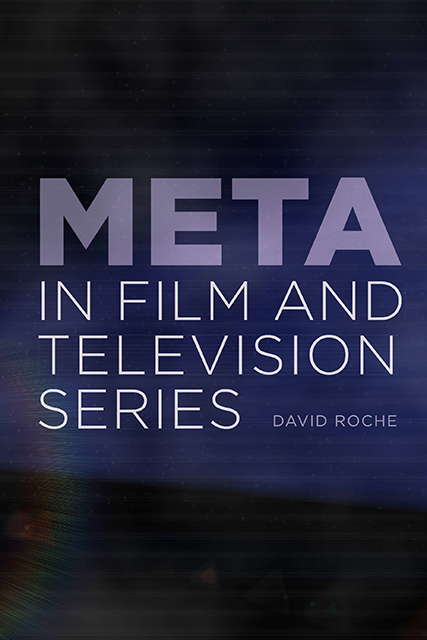Chapter 10 - History and Historiography
Published online by Cambridge University Press: 26 October 2023
Summary
HISTORIOGRAPHIC METAFICTION (CULLODEN)
History provides much of the material for many films and series, whether in the form of the historical film, the biopic, the war movie, the empire film or the Western. In a chapter entitled “Based on a True Story,” Thomas Leitch goes so far as to identify such works as adaptations, suggesting that historical events are akin to source texts that can be tailored to fit the needs of a work of fiction. Historical fiction is thus founded on a dialogical relationship between fiction and reality; it is also based on a dialogical relationship between past and present. Robert A. Rosenstone says historical films are meant to “make the past meaningful for us in the present,” and Pierre Sorlin reminds us that “we have a chance of finding a view of the present embedded in a picture of the past.” These two foundational relations (fiction–history, past–present) come together in the historiographic question: How is the past understood, fashioned and fictionalized at a specific moment in time? To pursue the comparison with adaptation, history is a source that is ceaselessly being rewritten because of new discoveries and perspectives. History would thus seem to be a prime concern for meta, since it is understood as simultaneously real (the event really happened) and constructed (it has been understood in a certain way, is sometimes the subject of competing narratives, and can be revised). Metamoments that address the work’s exploitation and portrayal of history interrogate the relationship between fiction and reality more obviously, perhaps, than those that explore their reliance on genre and pre-existing fictions.
In literary scholarship, metafiction’s concern with history was not detected at the outset, perhaps because it did not seem to tie in with metafiction’s apparent narcissism. In 1984, Waugh, citing novels such as Fowles’s 1969 French Lieutenant’s Woman, Doctorow’s 1971 The Book of Daniel, Malcolm Bradbury’s 1975 The History Man and Robert Coover’s 1977 The Public Burning, observed that history could be presented as “an alternative world” and revealed to be “a provisional construct” or “personal reconstruction.”
- Type
- Chapter
- Information
- Meta in Film and Television Series , pp. 232 - 258Publisher: Edinburgh University PressPrint publication year: 2022



